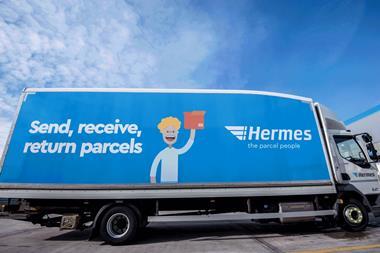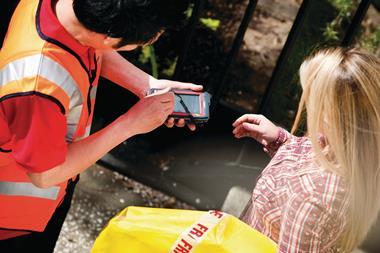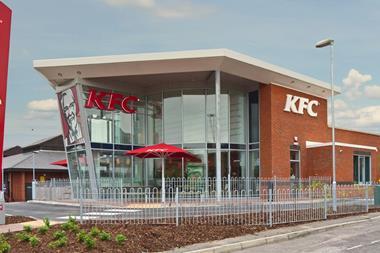Anyone who reads this blog regularly will know that I’m addicted to online shopping. I buy my clothes online; I buy my grocery online; and I buy the many things I don’t really need from Amazon online.
What that means is that I’m often sat waiting at home for the many different delivery drivers to traverse down my little cul-de-sac in south London.
But why? Why am I sat waiting for eight delivery drivers to arrive on the same day – surely I could have all these parcels brought to me in one fell swoop?
Big cities like London, Manchester and Birmingham are becoming more and more congested. Transport for London predicts that congestion in central London will increase by around 60% in the next 13 years.
This will make it more difficult to deliver the growing amount of ecommerce deliveries.
Collaboration is needed
Of course, the growing array of collection methods such as CollectPlus and Hermes ParcelShop, lockers and click-and-collect in retailers’ own stores give shoppers more options to save the long wait.
However, for some people, home delivery is still the easiest and most convenient way to get their goods, particularly for bulky items.
There has been much talk about collaboration in fulfilment but little in the way of action. This is changing though.
We’ve seen some consolidation when it comes to store deliveries. On Regent Street, for example, landlord The Crown Estate partnered with one single carrier, Clipper Logistics, to deliver stock to every single retailer on the famous shopping thoroughfare.
“Each retailer had its carrier deliver stock to a single consolidation centre, just outside of London’s Congestion Zone, and Clipper brought these to the Regent Street stores in one fell swoop”
Each retailer had its carrier deliver stock to a single consolidation centre, just outside of London’s Congestion Zone, and Clipper brought these to the Regent Street stores in one fell swoop.
It is estimated that the initiative has reduced vehicle movements to participating stores by up to 85%.
Could the same principle become mainstream for home deliveries? Retailers’ carriers could drop parcels at a consolidation centre on the outskirts of the city and one single courier could carry out deliveries to homes in specific postcodes.
Of course, something might have to give. The act of consolidating orders may make same-day delivery trickier, but the benefit of having one single delivery – perhaps at a designated timeslot – for all purchases might make waiting an extra day worth it in the eyes of the consumer.
There could also be cost efficiencies for retailers too. Home delivery takes a bite out of margins. I suspect pooling the last mile would be more efficient and therefore cheaper.
Better for the customer, better for the retailer, better for road-users and better for the environment – it seems like a no-brainer to me.

























1 Reader's comment